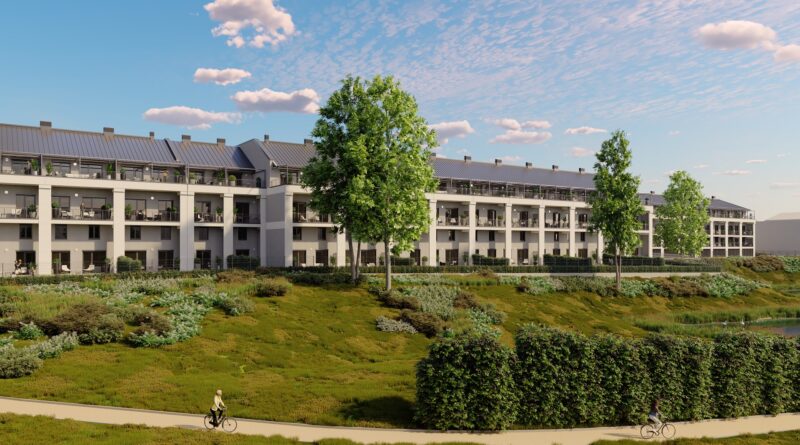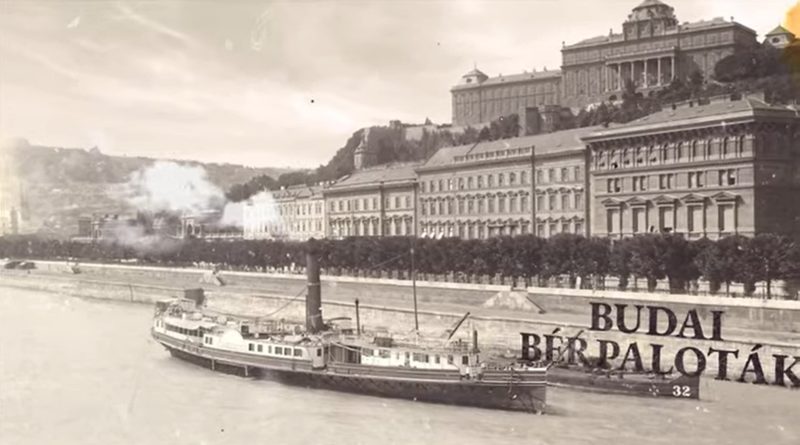The holiday voucher remains the major driver of domestic tourism
The Hungarian hotel market continued to feel the negative effects of the economic crisis in the first half of 2010, although there were signs of improvement compared to the lows of 2009, the worst year in a decade.
Nevertheless, the improving figures failed to translate into more revenues for operators, primarily due to lower room rates. The popularity of holiday vouchers did not falter, and dozens of new, mostly four-star hotels are expected to be handed over later this year – as summarized briefly by Ákos Balla, Director of Valuation and Research at the Hungarian office of Colliers International.
The moderate increase in overall guests did help to marginally improve occupancy rates to 39 percent, a one percentage point increase from the previous year. Within this, occupancy at five-star hotels grew to 53 percent, while at four-star hotels it rose to 44 percent.
A further positive development worth mentioning is that the holiday voucher has falsified negative predictions of the implementation of new taxes on it as its demand nor its position as a major driver of domestic tourism was affected by the tax. In the first five months, more holiday vouchers were bought than in the year before, and their use as payment at hotels also increased.
Looking ahead, a positive sign for the industry is the new government’s declaration of making tourism one of its main focuses, with a large role to be played in providing promised new jobs. Specific plans are yet to be announced, but the industry has repeatedly signalled a need to reduce the relatively high tax rates associated with services, as they put Hungary at a disadvantage. – drawn to attention by Akos Balla.
The developments in terms of the market is optimistic: In terms of new hotel developments, the total supply of rooms increased by 820 in Budapest this year, with another 470 expected by the end of the year. Most of these affect the four-star category — since 2008, the number of four-star hotels in the capital has increased by 12. Besides the capital, there were or will be completed hotel projects this year in Pécs, the European Capital of Culture for 2010, Gárdony, Gyula, Sopron and Zamárdi .
Lake Balaton represents big tourism potential, with SCD Group, the main developer active in the area, well-prepared to follow through on large-scale development plans once the market environment improves. The firm has also bought and reopened the Fly Balaton international airport in Sármellék, with a view toward exploiting the synergies in bringing tourists to the area and providing accommodation for them.
You can read the complete Colliers International 2010 Mid-Year Hotel Report by visiting the following link: http://www.colliers.hu/content/view/60/57/lang,en/.
































